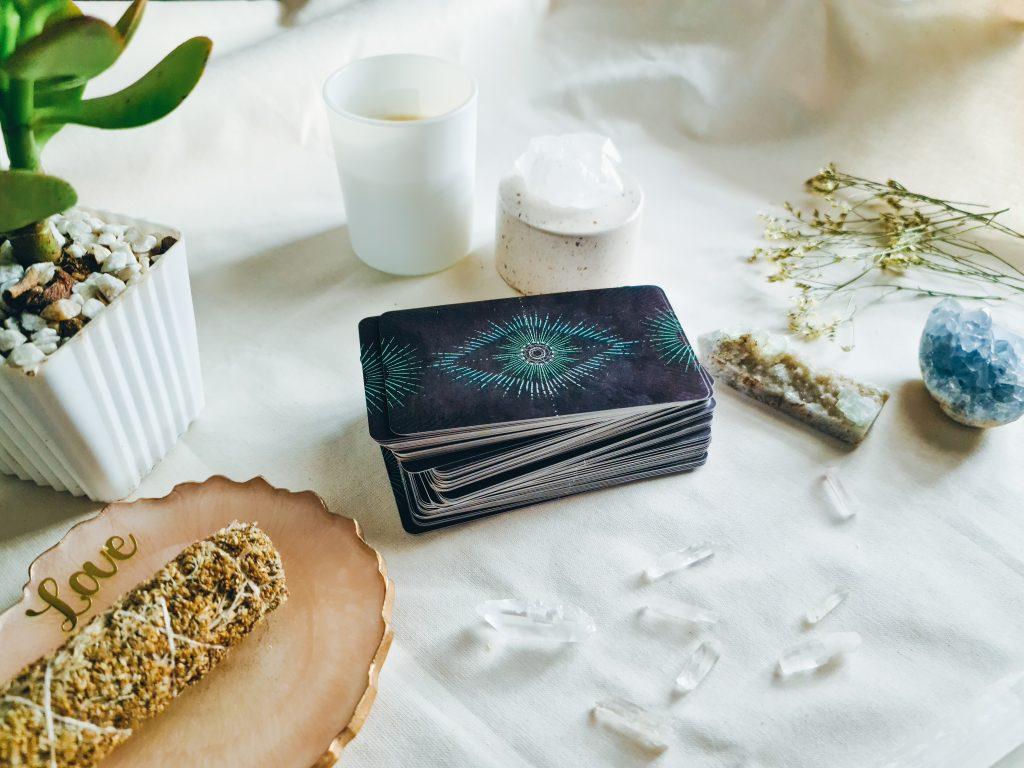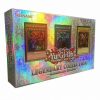Unveiling the Mystique: Are Playing Cards Pagan?
The association of playing cards with paganism is more a matter of historical and cultural interpretation rather than a direct relationship. To understand this, we look at the origins of playing cards and how they have been perceived in various cultures.
The History of Playing Cards
The story of playing cards is a tapestry woven through time and geography. Originating in China during the Tang dynasty, these cards were more than mere playthings; they were mirrors of culture and art. As they journeyed from China to India, Persia, Egypt, and eventually Europe, playing cards acquired new designs and meanings, reflecting the societies they touched. Their inception in the 9th century was a testament to human creativity, devoid of any direct ties to religious or pagan rituals.
European assimilation of playing cards marked a significant chapter in their history. The late 14th century saw their introduction into European society, where they were not just games but also symbols of social structure. The suits and face cards in a deck, often interpreted as representations of various societal classes, showcased how cultures could imbue these cards with their own narratives and symbolism. This cultural infusion, far from any religious or pagan connotations, illustrates how societal perceptions can shape the identity of an object.
Crossroads of Religion and Recreation
Playing cards have often found themselves at the crossroads of religious scrutiny and cultural recreation. Many religious groups viewed them with suspicion, associating them with gambling – a practice frowned upon by numerous faiths. This disapproval, however, stemmed more from the activities associated with playing cards rather than the cards themselves. They were seen as facilitators of vice, often refered to as ‘the Devil’s picture book,’ a name stemming from the idea that playing cards are tools of deception and temptation.
To be fair, in the realms of modern paganism and occultism, playing cards occasionally serve as tools for divination, akin to tarot readings. However, this practice is not rooted in the original purpose or design of playing cards. While tarot and playing cards share historical connections, their paths diverged, with the tarot becoming a more common medium in occult practices. This divergence highlights how different uses and interpretations can emerge from similar origins, further distancing playing cards from inherently pagan practices.
Culture and Perceptions Over Time
Perceptions of playing cards have been as varied as the cultures they have traversed. What one society might deem pagan or superstitious, another could see as a simple pastime or an art form. This disparity in views underscores the subjective nature of cultural interpretations. Playing cards, like many historical artifacts, act as prisms through which societies project their beliefs and biases.
This journey through time reveals how objects can be imbued with meanings far removed from their original purpose. Playing cards, a product of historical and cultural developments, have been shaped by the societies that adopted them. They have been agents of leisure, symbols of societal structure, tools of divination, and subjects of religious criticism. Their versatility in meaning and purpose speaks to the human propensity to assign value and narrative to the inanimate.
A Deck of Cultural Narratives
To answer our original question, playing cards, in their essence, are not pagan but they are cultural chameleons, adapting and evolving through time and across societies. Their pagan associations are not a testament to their inherent nature but rather to the diverse interpretations and uses ascribed to them by various groups and individuals. The history of playing cards is a narrative of human creativity, perception, and adaptation, transcending any singular religious or pagan identity.
Playing cards remain a fascinating subject, embodying the complex interplay of history, culture, and belief. Their journey from ancient China to the modern world is a testament to their enduring appeal and the myriad ways in which humanity can imbue objects with meaning and significance.





